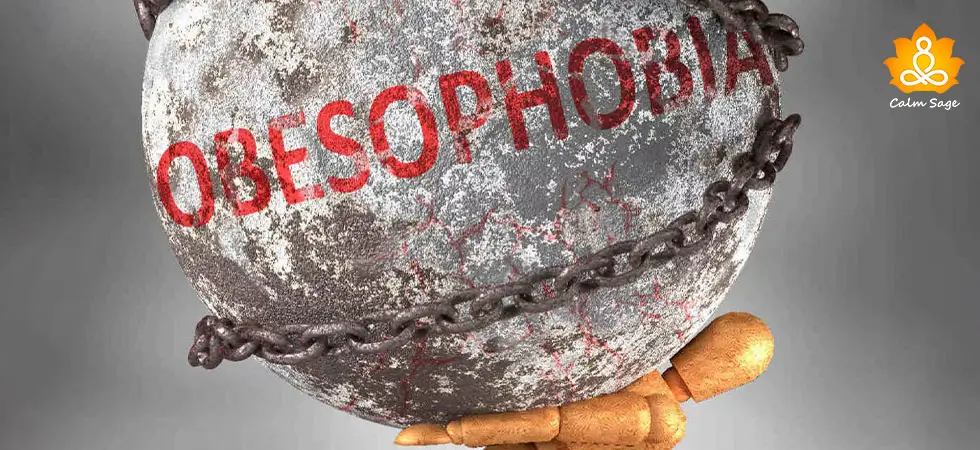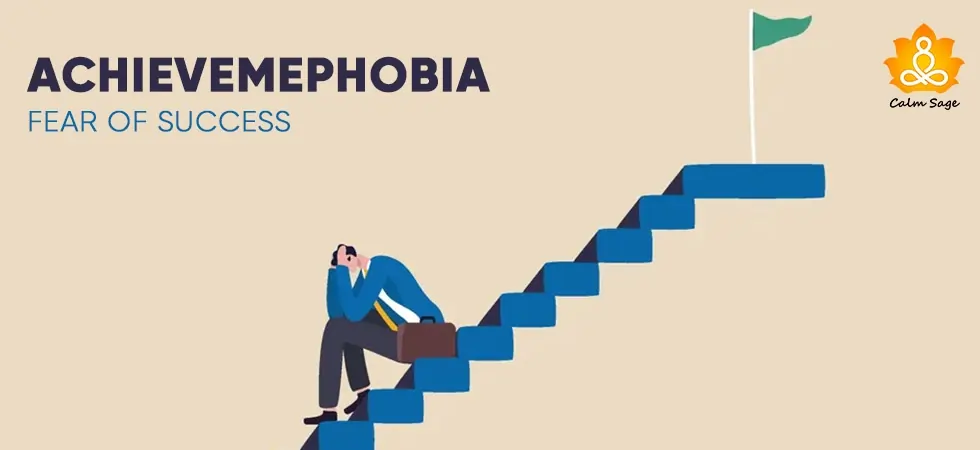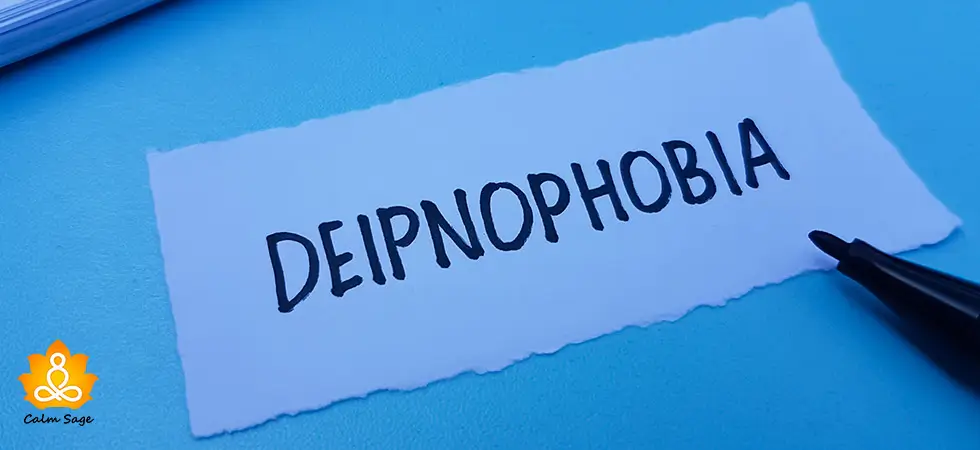Afraid Of The Dark? This Is How Nyctophobia Looks Like (And How To Cope With It)
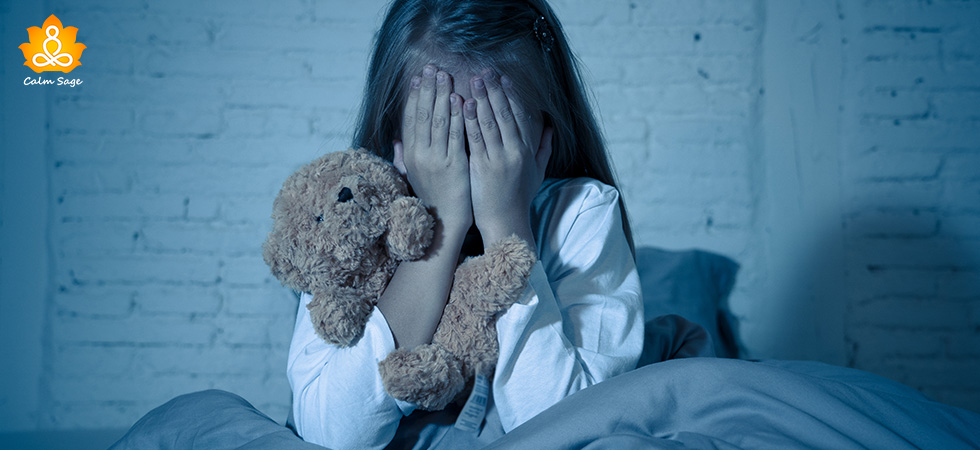
Maybe as a child, you were afraid of the dark but as you grew your fear faded, I know mine did. However, many experience anxiety and panic, even as adults, when they are in a dark room.
This fear of the darkness is called Nyctophobia and this phobia can affect an individual’s everyday lifestyle and can force them to limit their activities, avoid certain places, and experience extreme anxiety when exposed to the dark.
In this blog, we’ll be exploring more about nyctophobia, the fear of darkness, the causes, how this phobia develops, and what you can do to cope with this fear.
What Is Nyctophobia, Fear Of The Dark?
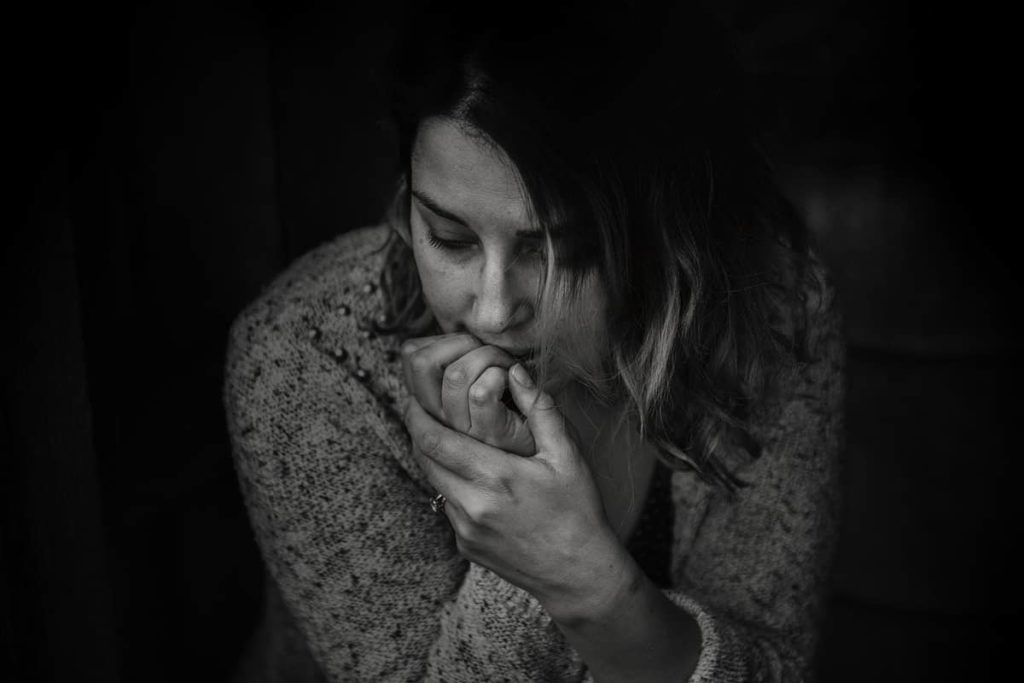
Nyctophobia is an intense fear of the dark that can cause severe emotional and physical symptoms of anxiety, panic, and even depression. This phobia of darkness while irrational can impact your daily life.
The fear of darkness begins in childhood and while it can be considered a part of growing up, this phobia can slowly begin to impact your sleep. Many researchers believe that people fear the dark because in the dark they lack visual function.
Symptoms Of Nyctophobia
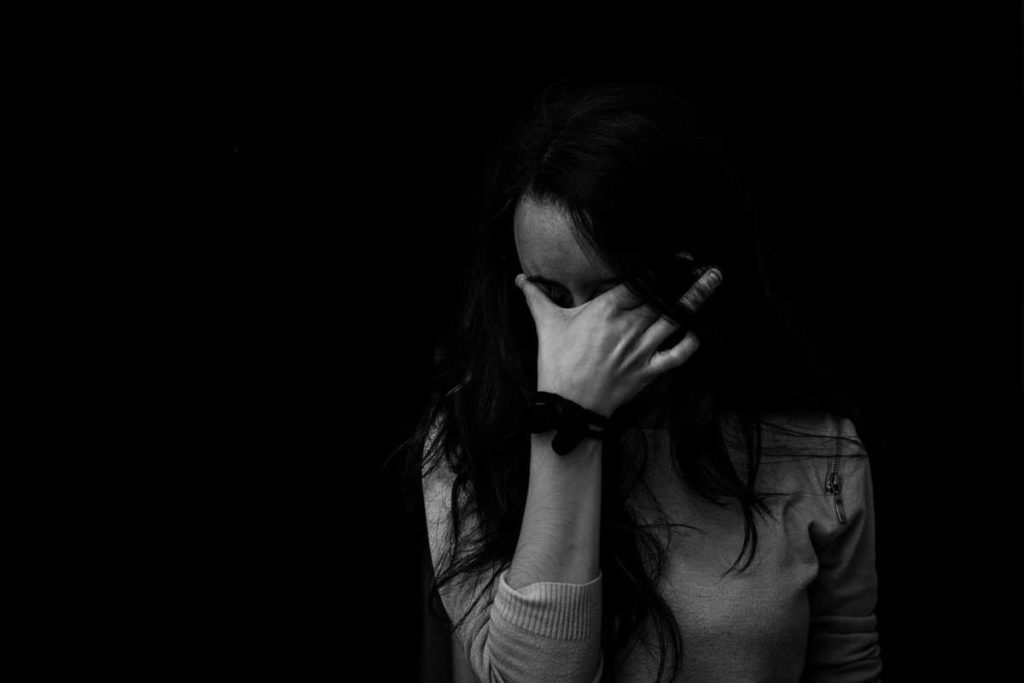
The symptoms of nyctophobia are similar to what you may experience with other phobias. When someone fears the dark, they may experience severe distress when exposed to darkness, even at nighttime.
Nyctophobia symptoms can hinder daily activities, social life, and work life. Some symptoms may even cause health problems.
There can be physical as well as emotional symptoms of nyctophobia:
Physical symptoms
- Trouble breathing
- Increased heart rate
- Chest pain
- Shaking and trembling
- Dizziness
- Stomach ache
- Hot or cold flashes
- Sweating
Emotional symptoms
- Extreme feelings of anxiety or panic
- Extreme need to flee the place
- Detachment from self
- Losing control
- Feeling like you may die or faint
- Feeling helpless
How The Phobia Of Darkness Develops?
The fear of darkness often onsets during childhood (between the age of 3-6). It’s normal to experience fear at this stage and can be considered a part of development. At this age, the children may also develop a fear of:
- Monsters
- Ghosts
- Being alone
- Strange noises
While many children may outgrow their fear, some may find it difficult to do so. When the fear of darkness continues into adulthood, then it can be referred to as nyctophobia.
Other factors that can contribute to this fear can be:
- Having a parent with anxiety or a similar phobia
- Having an overprotective parent/guardian
- Being exposed to stressful or traumatic events
How To Cope With The Fear Of Darkness?

Many phobias may not require treatment but if your phobia is interfering with your everyday lives, then it is recommended you seek help from a professional. Nyctophobia can make it challenging for you to fall asleep and can lead you to develop sleep disorders such as insomnia.
You should consider seeking professional help, if:
- You’re experiencing severe anxiety or panic over your fear
- You feel your fear is irrational
- You’re avoiding certain situations because of your fear
- Your feelings last for longer than six months
Other treatments you can try can include:
A. Exposure Therapy: This therapy exposes you to your fear until it can no longer trigger anxiety and panic under a certain situation. Exposure Therapy uses approaches such as visualizing the fear and experiencing the fear in reality. The approaches may depend on the intensity of the fear.
B. Cognitive-Behavioral Therapy: Cognitive-Behavioral Therapy helps you identify the source of your feelings and replace your negative thoughts with positive ones. With the phobia of darkness, you may be shown that being in the dark does not always lead to negative experiences. However, this treatment is not used much with phobias.
C. Relaxation Exercises: Relaxation exercises can include practicing deep breathing when you’re exposed to your fear. These exercises can help you manage your response to the fear of darkness.
Writer’s Thoughts
If you or your loved one is struggling with the fear of darkness, don’t fret because there are many resources and treatment options available to help you cope with the fear. If you suspect nyctophobia, then consulting a professional can be the first step of your healing process.
You are not alone in experiencing an irrational fear. Many people experience the fear of darkness but if your phobia is making it challenging for you to perform your regular tasks, you can always seek help from a professional or write to us at info@calmsage.com.
Remember, overcoming a phobia is possible with the right help and treatment.
Do you also fear the dark? Let us know in the comments below!
Take Care!






